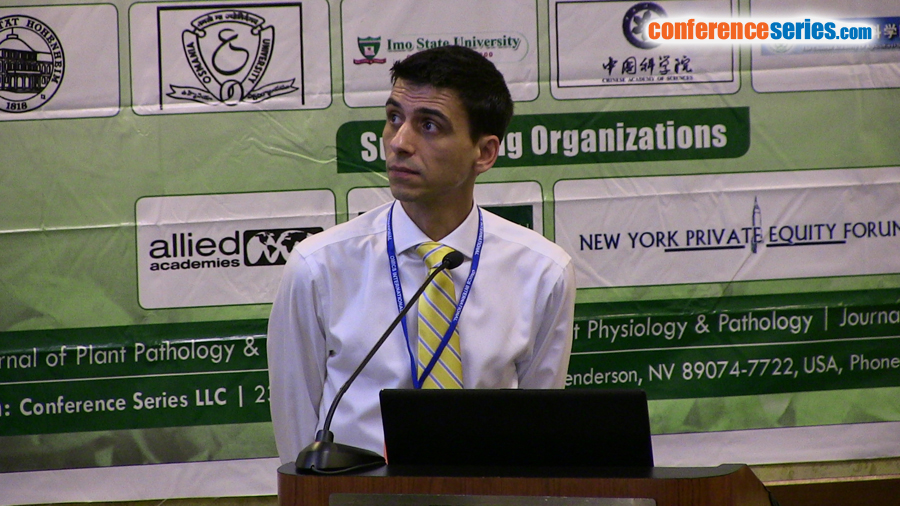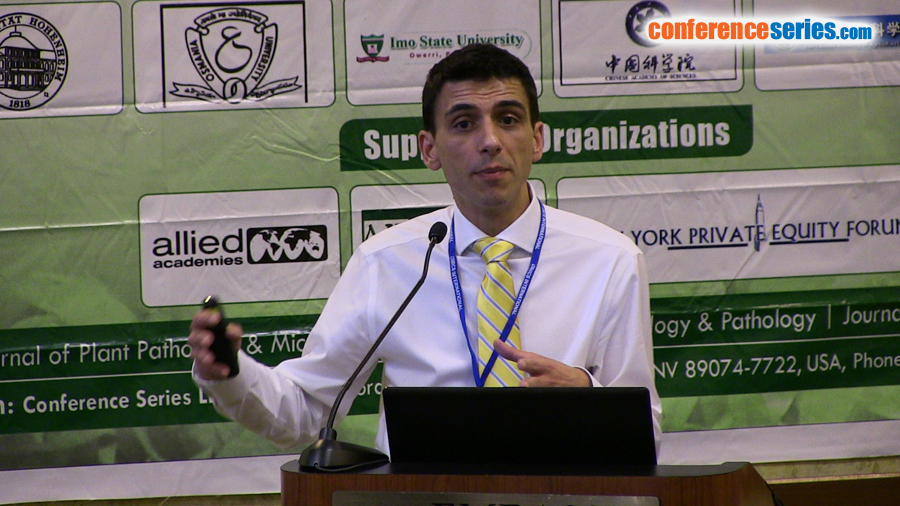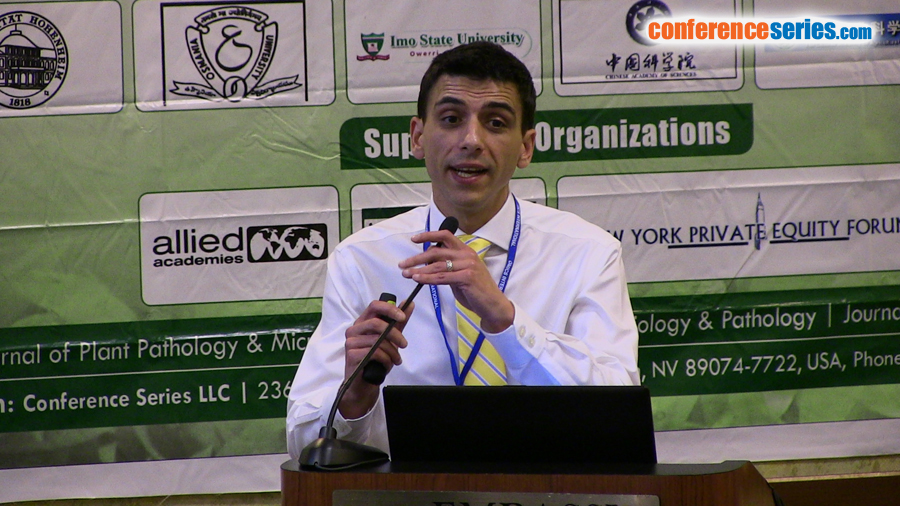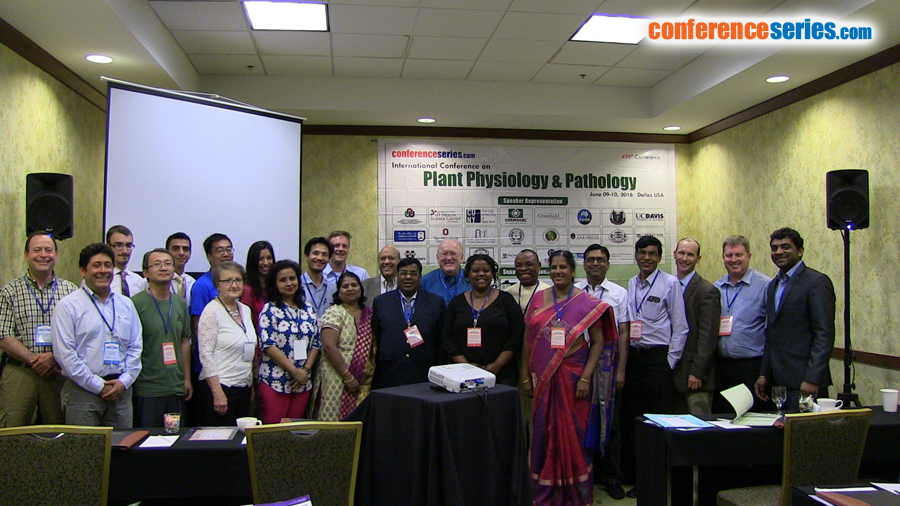
Artem V. Domashevskiy
The City University of New York, USA
Title: Overcoming Plant Defense Mechanisms: Evolutionary Arms Race Between Plants and Viruses
Biography
Biography: Artem V. Domashevskiy
Abstract
An evolutionary arms race between plants and their pathogens has shaped each other’s elaborate strategies for survival. Plants produce proteins that are thought to play a key role in their defense mechanisms against foreign pathogens. These protein toxins are known as ribosome inactivating proteins (RIPs). RIPs are broadly distributed throughout the kingdom of plants, fungi, and several species of bacteria. High toxicity of the castor plant owes its physiological effects to ricin and has been known since antiquity. The deadliness of namy RIPs has been explored by political and military organizations to design biological weaponry, scientists to generate transgenic species of plants resistant to viral infections, cancer researchers in production of immuno-conjugate therapeutics, as well as mystery writers to engage the readers. RIPs are RNA N-glycosidases that inhibit advanced stages of protein synthesis by selectively modyifying large rRNA molecules and deactivating ribosomes. Other plants (e.g., common pokeweed and soapwart produce pokeweed antiviral protein (PAP) and saporin, respectively, with increased antiviral and antifungal activities. Recently, we have identified a viral genome-linked protein, VPg, from turnip mosaic virus (TuMV) that binds PAP and ricin A chain (RTA) with great affinity and inhibits their cytotocicity. VPg functions as a cap analog in cap-independent translation, and potentially target PAP to uncapped IRES-containing RNA. Serving as a potent inhibitor of RIP activity, we believe that VPg may confer an evolutionary advantage by suppressing one of the plant defense mechanisms, and also suggests the possible use of this protein against the cytotoxic activity of RIPs.





